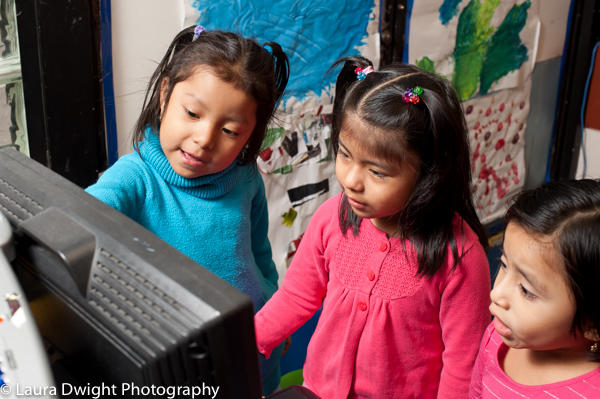
Getting Playful with the Life Sciences
Game-based learning can sound too good to be truly educational – until you start exploring the resources available. Below are some recommendations from the MindShift Guide to Digital Games and Learning, a 40-page e-book you can download for free.
Start by reading Jordan Shapiro’s blog post, How to Choose a Learning Game, which provides helpful tips for establishing game selection criteria and for integrating games into your curriculum.
Next, check out Graphite and Educade for ideas. Both sites allow you to filter an educational game search based on grade-level and subject. Graphite’s listings also include teacher reviews of each resource and game.
Brainpop offers learning games, animated movies, interactive quizzes, primary source activities, concept mapping, and more – including Construct-a-saurus, a game in which K-3 students use a lab to create their own dinosaur. The Lawrence Hall of Science focuses on scientific experimentation and investigation. The site includes instructions on experiments students can conduct offline as well as games that teach scientific fundamentals. Many of the games and experiments are based on real-world issues, like how cigarette smoking damages the lungs or how to spot potential household hazards.
On How to Smile you can search over 3,500 science and math activities from science museums, public television stations, universities, and other educational organizations. All activities are available to anyone, free of charge.

